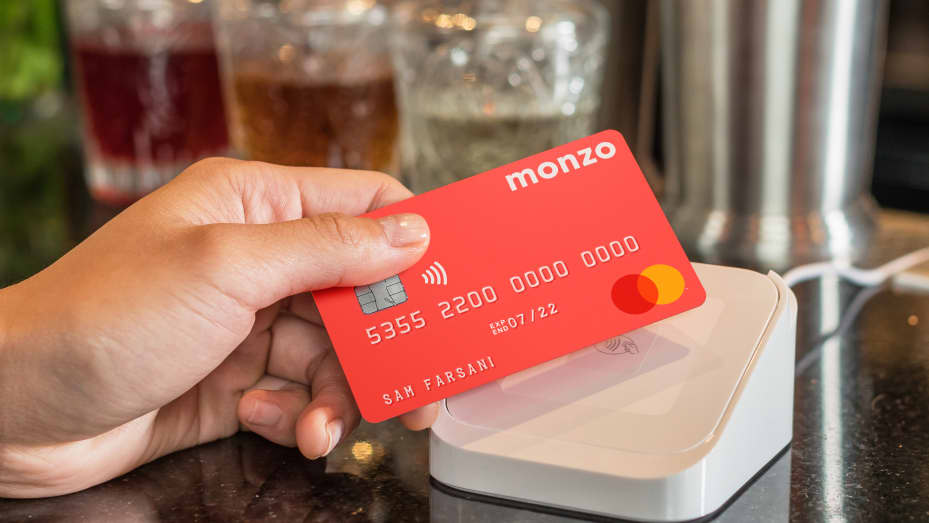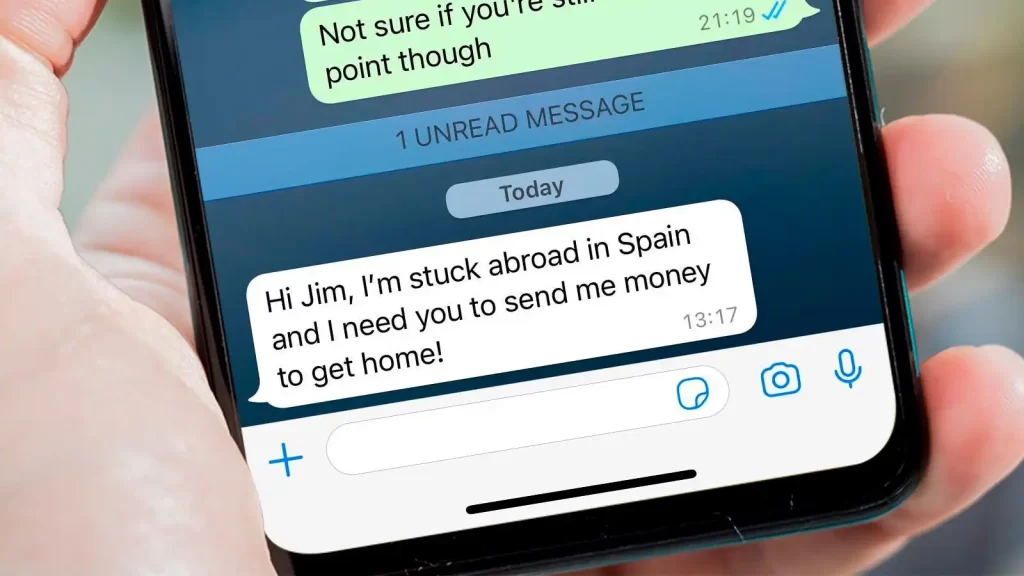In 2023, Monzo lagged behind most other UK banks in providing fraud refunds to victims of authorised push payment (APP) fraud. According to new data from the Payments Services Regulator (PSR), Monzo’s performance highlights significant disparities in how banks handle refunds. This data comes ahead of a crucial change in UK regulations, effective October 7, which will require payment providers to reimburse victims of APP fraud for claims up to £415k, with limited exceptions.
APP fraud involves fraudsters posing as legitimate payees to trick victims into transferring money to accounts outside their control. The PSR findings revealed that £341 million was lost in such scams last year across 252,600 reported cases, a 12% increase in the number of cases compared to the previous year.
Monzo’s Reimbursement Rates
The report, which included APP fraud data on the UK’s 14 largest banking groups for 2023, showed that Monzo fully reimbursed only 9% of cases last year. This placed Monzo third lowest among UK banks. In contrast, fellow digital bank Starling fully reimbursed 72% of APP claims, and Nationwide topped the list, reimbursing 96% of claims.
Monzo’s low reimbursement rate is concerning. Additionally, the bank had 131 APP scam payments per 1 million customer transactions last year, the second-highest among surveyed payment providers. Starling followed closely with 124 APP payments per 1 million transactions. Despite these figures, both banks saw a reduction in the volume of scams compared to the previous year.
Rich Bromley, head of fraud and disputes risk at Monzo, emphasised the bank’s efforts in fraud prevention. He stated that Monzo has “stopped 55% more fraud since this time last year” by leveraging advanced technology and hiring top experts to safeguard customer funds. Bromley also criticised social media platforms, where many scams originate, for not doing enough to prevent fraud. He pointed out that 66% of purchase scams affecting customers start on social media. Yet, these platforms do not take responsibility for preventing fraud or reimbursing lost money.
New Security Measures
In response to the rising number of fraud cases, Monzo introduced three new security controls last month to reduce fraudulent activity. These measures are part of the bank’s broader commitment to fraud prevention and awareness.
A spokesperson from Starling also commented on their efforts to combat APP fraud. They stated, “APP fraud is a modern-day scourge, and we make every effort to protect our customers from it. This new data shows our efforts are paying off, with fewer customers affected by fraud and more refunds being issued when they are.”
Preparing for New Regulations
The new PSR figures show that most UK banks increased their reimbursement levels in 2023, anticipating the upcoming regulation. This new rule, confirmed last June, mandates that payment service providers refund customers in most fraud cases. However, compensation can be refused if the customer is deemed grossly negligent.
Chris Hemsley, PSR managing director, noted the importance of consistent protection. He stated, “Over the coming months, we will bring all payment firms into new reimbursement arrangements to provide more consistent protection across the board. Today’s report shows that this consistency has been lacking.”
Taking Control
Starling and Nationwide should be commended for the excellent service they provide to customers who fall victim to fraud. Nationwide’s impressive 96% refund rate demonstrates that high street banks can refund customers if they choose to prioritise it. Unfortunately, many banks do not follow suit. This leaves consumers vulnerable and places the burden of fraud prevention squarely on their shoulders.
As the last line of defence, we must be vigilant and proactive in protecting ourselves from fraud. Banks can implement robust security measures and refund victims, but their efforts have limits. When banks fail to prevent fraud, it is only fitting that they reimburse the affected customers. However, as a society, we must do more to promote fraud awareness and prevention.
Raising awareness about fraud prevention can significantly reduce the number of victims. Educating consumers on recognising scams and taking protective measures is crucial. By fostering a culture of vigilance and knowledge, we can collectively reduce the impact of fraud. Starling and Nationwide’s high refund rates are commendable. Still, the ultimate goal should be to prevent fraud from happening in the first place.



